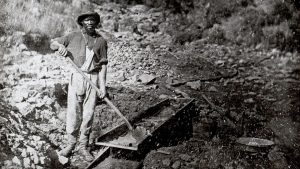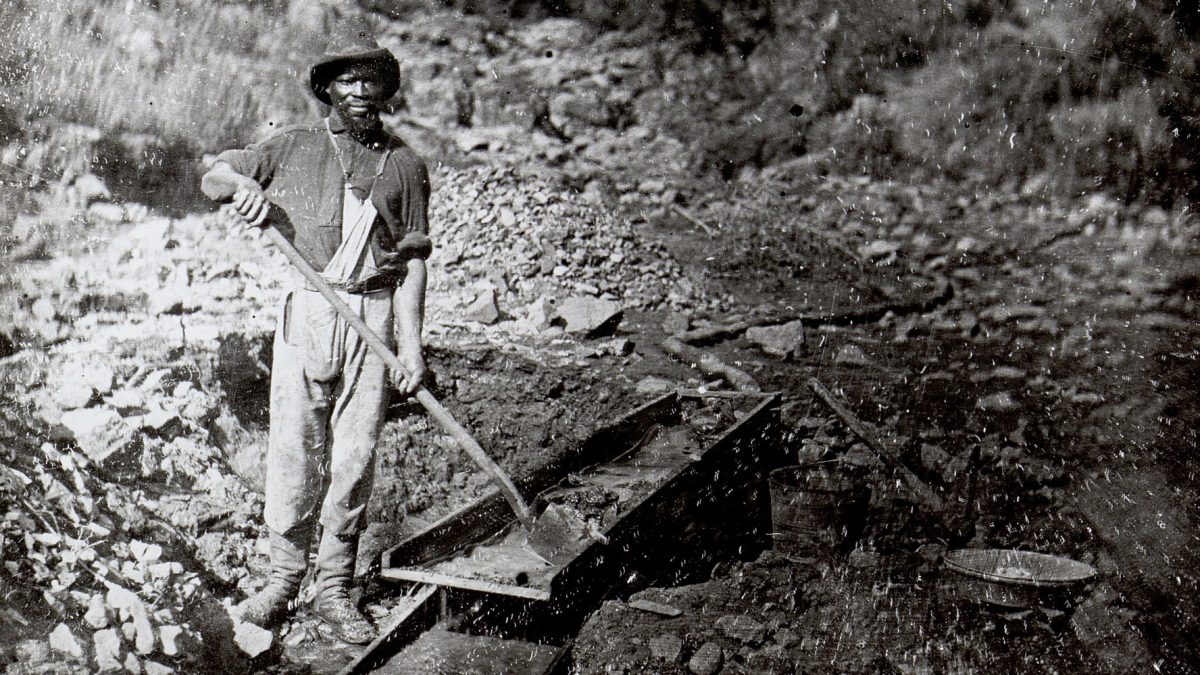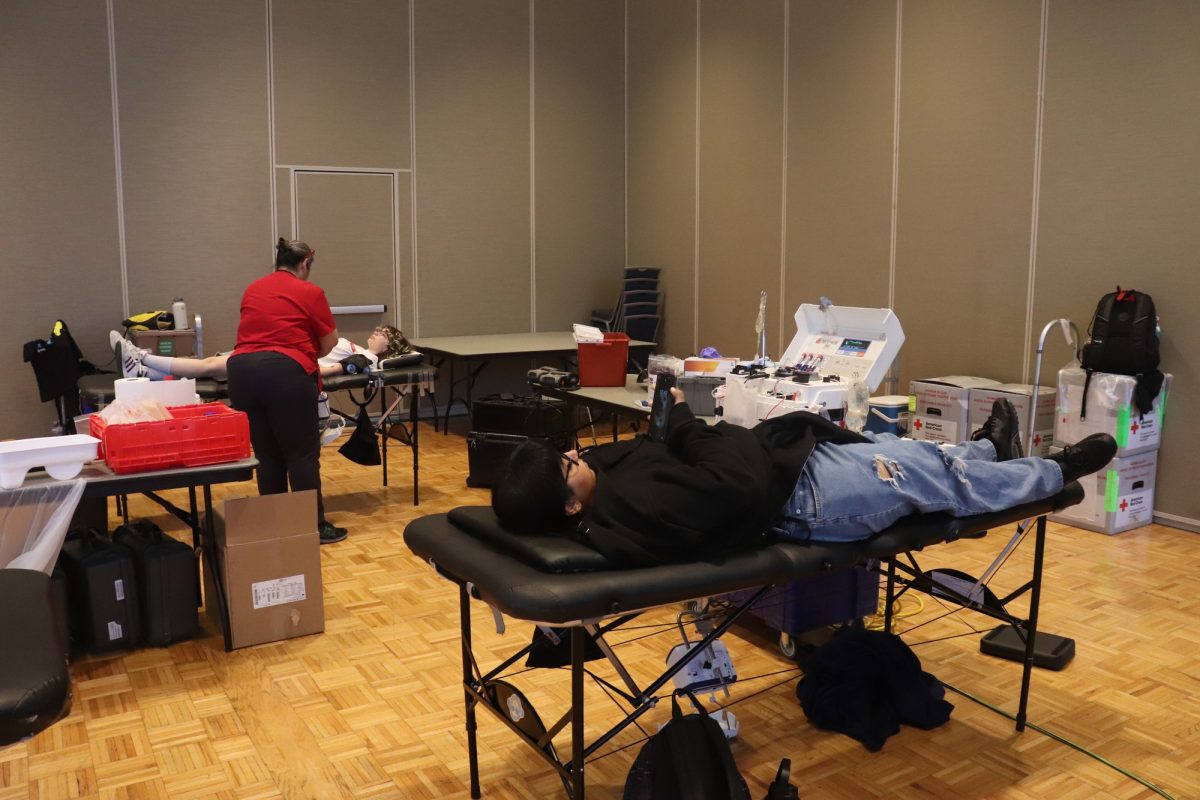MCT-Robert Ford, the coward, shot Jesse James. But before that, Henry McDougal, the lawyer, sued Jesse. And won. McDougal, practicing in Daviess County, Mo., appears to have prosecuted the only successful lawsuit against James, obtaining a judgment, collecting _ and living to tell about it. Barely. Jim Muehlberger, a Kansas City, Mo., lawyer, last month discovered documents detailing the litigation. The papers suggest that the contemporary fascination with James _ which continues with the recent release of the Brad Pitt movie “The Assassination of Jesse James by the Coward Robert Ford” _ deserves a tweaking. More than a century of celebrity has rendered James a historical figure who was often above the law. At first glance, the only justice James ever encountered seems to have been the frontier variety delivered by Ford, who in 1882 shot and killed him in St. Joseph, Mo. But according to the papers recovered by Muehlberger, James and his brother Frank _ at least once _ were forced to account for their actions in court. “It’s an example of equal justice under the law,” Muehlberger said. “The criminal justice system would be completely unable to deal with Jesse James for about 10 years,” he said. “But here the system worked, in a civil case, through the courage of a very young lawyer.” On Dec. 7, 1869, two men walked into the Daviess County Savings Association in Gallatin, Mo. The cashier, John Sheets, was shot and killed. The two men emerged and mounted horses. One horse bolted and its rider was dragged in the street, his foot in a stirrup. Soon he freed himself and jumped on the back of his companion’s horse. The two rode out of town, where they met a solitary rider, Daniel Smoote, a Gallatin farmer. At gunpoint, Smoote gave up his horse. The two men then galloped off. Left behind in the town square was an especially fine mare. “It was like leaving a Ferrari in the middle of a small town,” Muehlberger said. The horse quickly was identified as belonging to Jesse James of Clay County, Mo. Smoote, angry at his loss, sought legal representation. No lawyer accepted the case except McDougal, who in December 1869 was 25 years old and had been a lawyer for 13 months. In January 1870, McDougal filed a lawsuit against Jesse and Frank James, seeking attachment of the mare, saddle and bridle. Smoote estimated the value to be $223.50 _ roughly $3,200 in today’s money. The litigation continued for 21 months. Jesse and Frank, regaled in legend as so above the law, nevertheless retained an attorney. That was Samuel Richardson, a Kentucky native and a well-connected Gallatin resident. With Richardson representing them, the James brothers dodged and weaved. In April, Richardson filed a motion to quash a service of the complaint to the James brothers, saying it was unclear whether the two brothers actually had been served the papers. The court agreed. “It would have been so easy for McDougal to give up,” Muehlberger said. McDougal knew with whom he was dealing. A Union Army veteran, McDougal was a friend of Samuel Cox, a Gallatin resident who, as a Union officer, achieved hero status for killing “Bloody” Bill Anderson, the guerrilla leader who had terrorized northwest Missouri during the Civil War. Jesse James had ridden with Anderson. “The bushwhackers had vowed to kill Cox,” Muehlberger said. “So McDougal certainly knew that he was facing some very vicious people.” But McDougal persevered.
He asked the court for permission to serve the complaint by publishing it in the local newspaper. Richardson filed an answer, denying that the James brothers had been in Gallatin that day. But when the court convened that October, Richardson announced that his clients were not going to appear for trial. He added that the James brothers had authorized him to withdraw their answer to the complaint, and then to allow judgment to be entered against them. A judgment indeed was entered in the favor of Smoote, who took possession of Jesse James’ horse. Twice, Jesse James tried to settle accounts with McDougal, Muehlberger said. In 1871, he and a James Gang member rode to Gallatin and hid behind a hedge, ready to shoot McDougal. But they hesitated when McDougal’s wife appeared with him. A second attempt occurred in 1881. McDougal, riding a train that had stopped in Kearney, narrowly missed injury after a bullet shattered his train-car window. McDougal learned of the 1871 attempt in 1882 when Cox told him the story after news arrived in Gallatin of Jesse James’ death. A year later, he learned what was behind the second attempt while serving as a special prosecutor in the murder trial of Frank James. A former James Gang member testified that he had witnessed James taking a shot at McDougal in Kearney. Today, the murder of the Gallatin cashier Sheets is crucial to the legend of the James Gang. It prompted Gov. Thomas Crittenden to announce a $3,000 reward for the capture of Frank and Jesse. “They became wanted men,” Muehlberger said. Other James experts said Muehlberger’s account has the ring of truth. David Stark, a historian and sixth-generation Gallatin resident, still wonders about some details of the episode, such as just who owned the fine mare left behind. Stark, however, said the documents Muehlberger recovered are authentic. There’s also little doubt, he added, about James’ taste for violent justice as he perceived it. “We consider Jesse an assassin,” Stark said. “His propensity for revenge seemed to be rather strong.” Gary Chilcote, director of the Patee House Museum and Jesse James Home in St. Joseph, noted that when James was shot there in 1882, he had stabled a horse that another area resident recognized as likely his own. “Jesse had a history of borrowing other people’s horses without permission,” he said. In 1891, McDougal moved to Kansas City and later became president of the Kansas City and Missouri bar associations. He also became a partner with lawyer Frank Sebree, who founded the Kansas City firm Shook Hardy & Bacon, where Muehlberger is a partner. The documents, whatever their historical value, have contemporary relevance, Muehlberger said. “The lesson of this case to lawyers is to stand up for their clients’ interests and for what they think is right,” he said.
(c) 2007, The Kansas City Star.
Distributed by McClatchy-Tribune Information Services.










